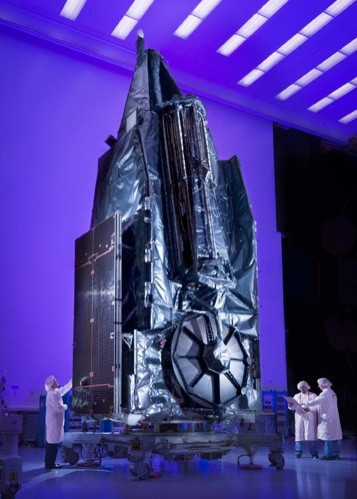Lightsquared Wireless Newtork Called Threat Airline GPS

The government's vaunted airline GPS navigation system would be crippled by LightSquared's proposed mobile network, a government official said Thursday.
Deputy Transportation Secretary John Porcari said LightSquared's proposed nationwide wireless network would interfere with the FAA's $8 billion dollar NextGen GPS based aircraft navigation system, due to come online in the next few years.
The NextGen system will enable planes to land and take off at steeper angles as well as land closer together, saving airlines time and money.
The FAA will have until 2015 to come up with new arrival procedures at the 35 busiest airports in the nation.
LightSquared has been engaged in a bitter battle with the GPS industry over who should be responsible for eliminating interference problems that have been found in tests.
In testimony given at a Transportation and Infrastructure subcommittee hearing Thursday, Porcari said: LightSquared's proposal would require constant, individual monitoring and adjustments to over 40,000 broadcasting sites nationwide, to ensure that they could be, and would remain, consistent with air safety requirements.
This is simply not practical. Therefore, based upon all of the testing and analysis that has been performed, there appears to be no practical solutions or mitigations that would permit the LightSquared broadband service, as proposed, to operate in the next few months or years without significantly interfering with GPS.
LightSquared needs FCC approval before it can build its proposed high-speed wireless network, but the project has been delayed by concerns that its service would interfere with crucial GPS devices using the adjacent spectrum.
Jim Kirkland,a founding member of the Coalition to Save our GPS, said that LightSquared should have challenged the FCC when the regulator said in January 2011 that it would not be allowed to begin operations until it demonstrated that it would not interfere with GPS.
Before making its next decision on the issue, the FCC has said it will wait for a recommendation from the National Telecommunications and Information Administration, which manages government use of spectrum.
© Copyright IBTimes 2025. All rights reserved.





















